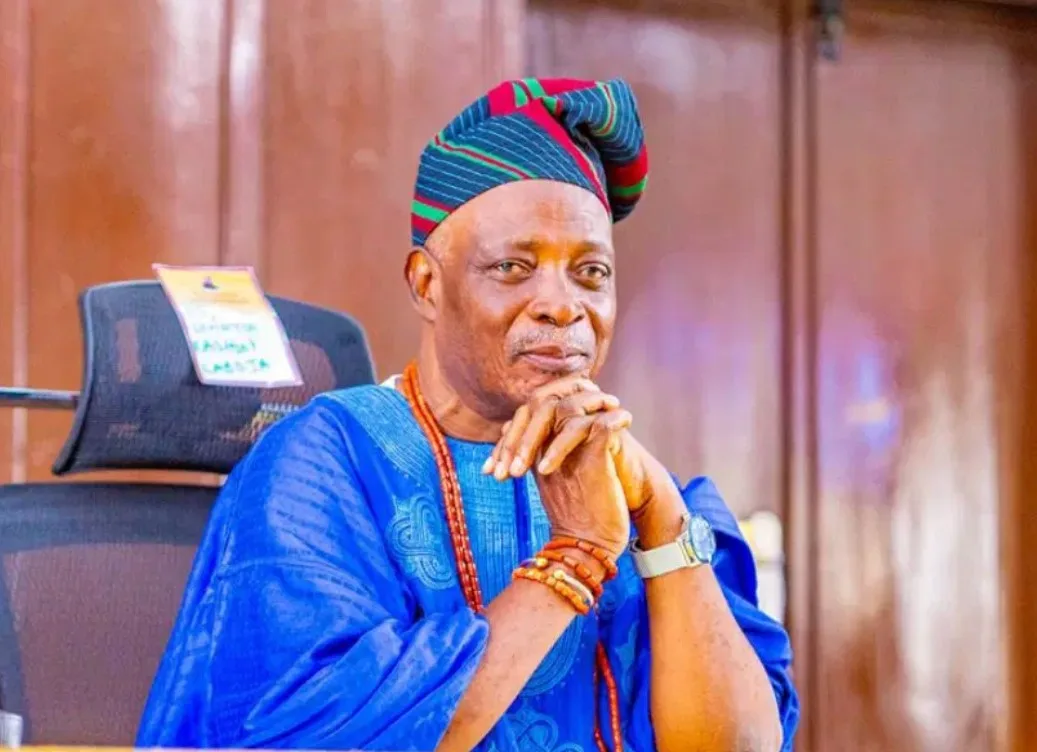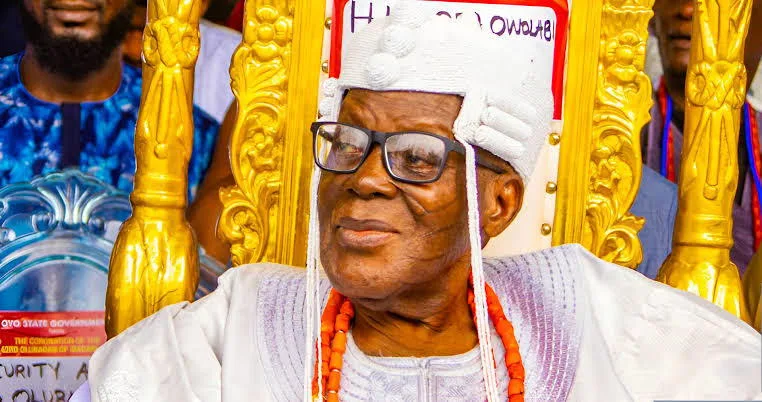Islam’s arrival in Hausaland in the 14th century reshaped the political, social, and cultural landscape of the region. Over time, this new faith blended with traditional practices, creating a unique identity for Hausa people that has endured for centuries. The influence of Islam went beyond religious beliefs, affecting governance, trade, and the daily lives of the Hausa people.
When Islam first spread to the Hausa Sarakuna (kings), it brought political and economic advantages. The introduction of Arabic as a language of diplomacy and trade strengthened ties with the broader Islamic world, facilitating commerce and enhancing the kingdom’s influence. Additionally, Sharia law offered a system of governance that legitimized the authority of the kings and established order in society.
The religion also carried a mystical allure, with spiritual powers that strengthened the kings’ rule. However, despite its growing influence, the Sarakuna allowed traditional practices to coexist with Islam. Deities like Uwandowa, goddess of hunting, and Sarkin Rafi, the water spirit, continued to be revered by the people, and sacrificial rituals remained a part of Hausa culture. This coexistence was seen in symbols such as the Kano Dirki, a Qur’an used as a talisman for rituals.
In its early stages, Islam largely remained a court religion, practiced by the elite and royalty. The general population continued to follow their indigenous beliefs, and the kings did not impose Islam on them. Over time, however, Islamic education began to spread, gradually influencing Hausa society.
The rise of the Ulama, Muslim scholars, played a key role in this transformation. These scholars established Islamic schools, teaching the principles of the faith and encouraging literacy through Arabic. This education allowed for a gradual integration of Islamic values into the broader society, creating unity among previously fragmented Hausa communities.
Despite the increasing influence of Islam, traditional Hausa beliefs remained strong. Cultural practices, rituals, and belief systems continued to thrive alongside the new religion. For instance, when Kano faced an invasion by Kwararafa forces in the 17th century, the people turned to their ancient gods, for protection. These shows the presence of traditional spiritual beliefs even as Islam continued to spread.
Nevertheless, Islamic education and the intellectual rigor brought by the Fulani scholars led to deeper questioning of Hausa social and religious practices. This shift in thinking set the stage for changes that follows.
By the 19th century, Islam had become deeply ingrained in Hausa society, and its influence was about to reach new heights. In 1804, Usman Dan Fodio, a Fulani scholar, launched a religious jihad with the aim of purifying Islam in the region. His jihad sought to eliminate non-Islamic practices and bring about a return to orthodox Islamic teachings.
This jihad fundamentally altered the political landscape, leading to the establishment of the Sokoto Caliphate, which solidified Islamic governance in Hausaland. The Caliphate’s leadership promoted justice, fairness, and religious purity based on Islamic principles, marking a turning point in the history of the region. Traditional practices that conflicted with Islamic teachings were gradually diminished, and Islam became the dominant force in shaping Hausa culture and governance.





